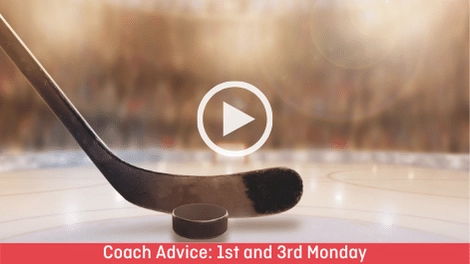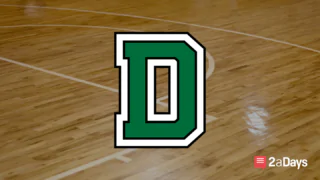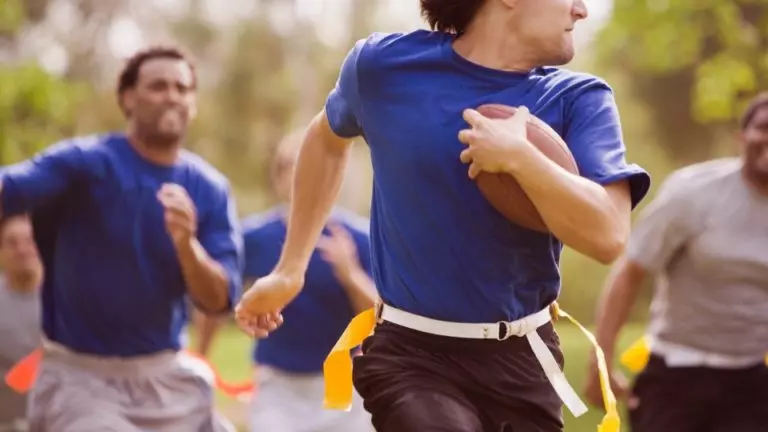Athlete Interviews are posted every Thursday for recruiting advice, what to look for, and more.
Spencer Engstrom is a DII club Ice Hockey player at Loyola Marymount University, where he plays forward for the LMU Lions. Spencer is currently a sophomore and is on track to graduate with a bachelor's degree in business in 2024. Before college, Spencer was part of the Connecticut State Championship Ice Hockey team.
In this interview, Spencer answers the following questions, discusses how his team is doing, talks about the benefits of coming to the West Coast to play hockey, and addresses many differences between playing hockey in the AHA vs NCAA.
What have you enjoyed most about playing Ice hockey at LMU?
It's different for me because I'm from the East Coast. I came out here and I find a nice group of guys who are more of an East-Coast vibe. The culture shock was real; the kids out here are a little different from what I'm used to, but the ice hockey team brought me back to feel more like home. It's nice to have a good group of guys to hangout with.
Is ice hockey becoming more popular on the West Coast?
Yeah! Arizona has their DI team now. California can get one soon. I think it's definitely up-and-coming. The game style is pretty similar. A lot of the guys in my league are from the East Coast, or the coaches are from the East Coast, so it's not “different hockey,” but the league is more physical. But out here, people don't really know a whole lot about hockey. We just need more high school teams.
Do you notice any major differences between hockey in high school and college?
I played Division II high school hockey. My high school team was fun, competitive, and a good level for me. Coming out here, the guys are bigger, the level is high. There is way more hitting: a lot of fights and hitting.
How do you balance your schedule?
AHA is more laid back than NCAA. So, we practice twice a week and have one lift, but I have more freedom in my schedule. You do it because you love playing.
Related: Athlete Interviews: Skating through a Day in the Life of a DII Ice Hockey Player
Tell us a little bit about your recruiting process
Hockey is a way different recruiting process than your average sport. The average age of a DI or DIII hockey player is 21 or 22. Usually, you do a post-grad, or PG year after prep school, then a year or two of juniors. I decided to just open my options, find schools with club hockey teams, and reach out to coaches. I found LMU, the coaches helped me get in, and now I'm here.
Have a question you need answered or an idea of an athlete we should interview? Email us at [email protected]
* Originally published on December 30, 2021, by Dylan Tehada





